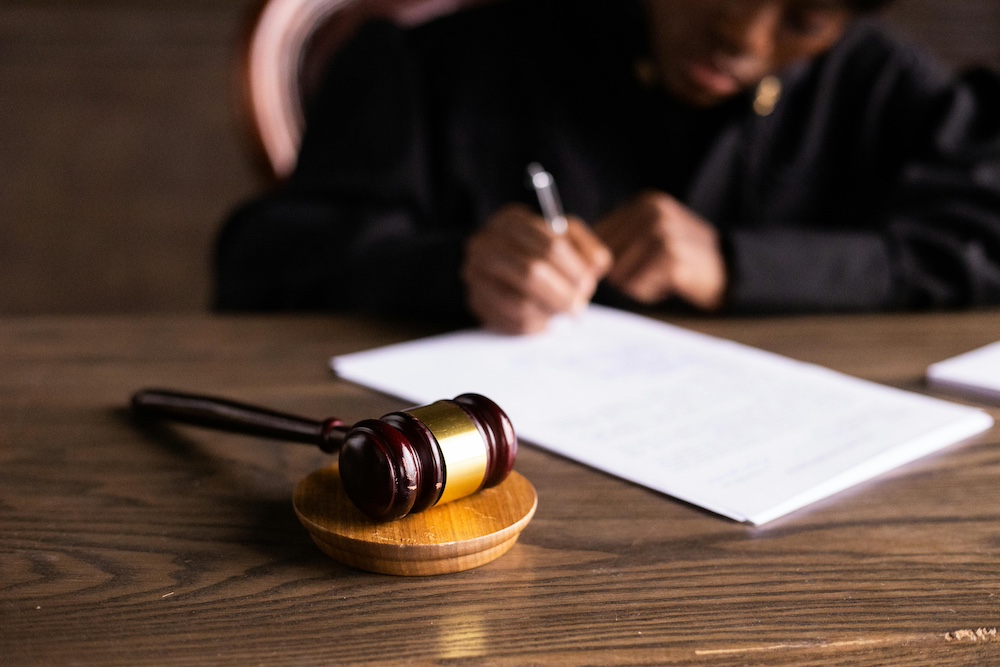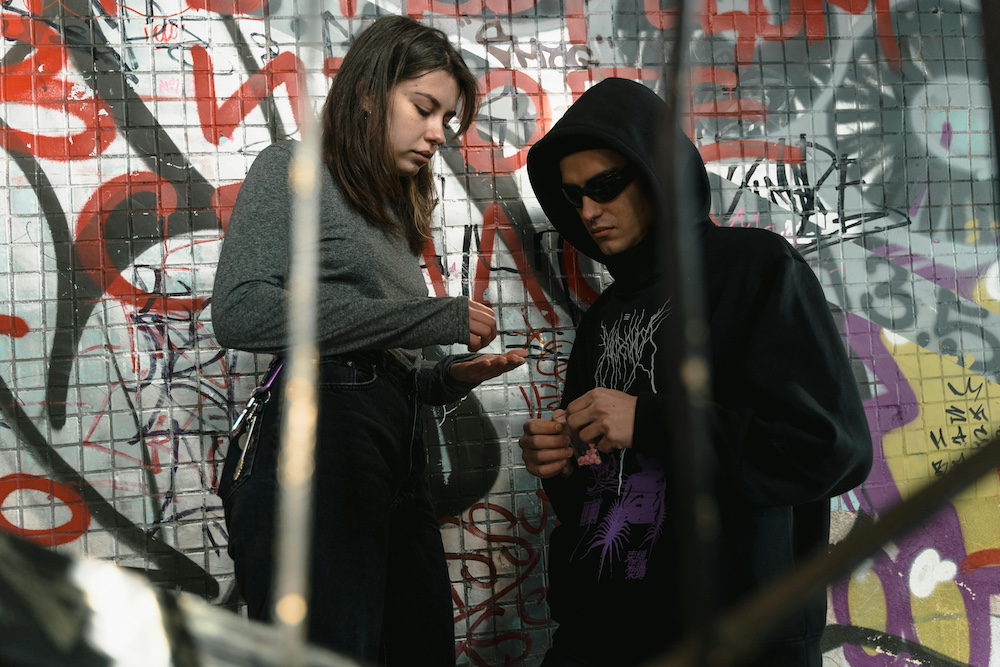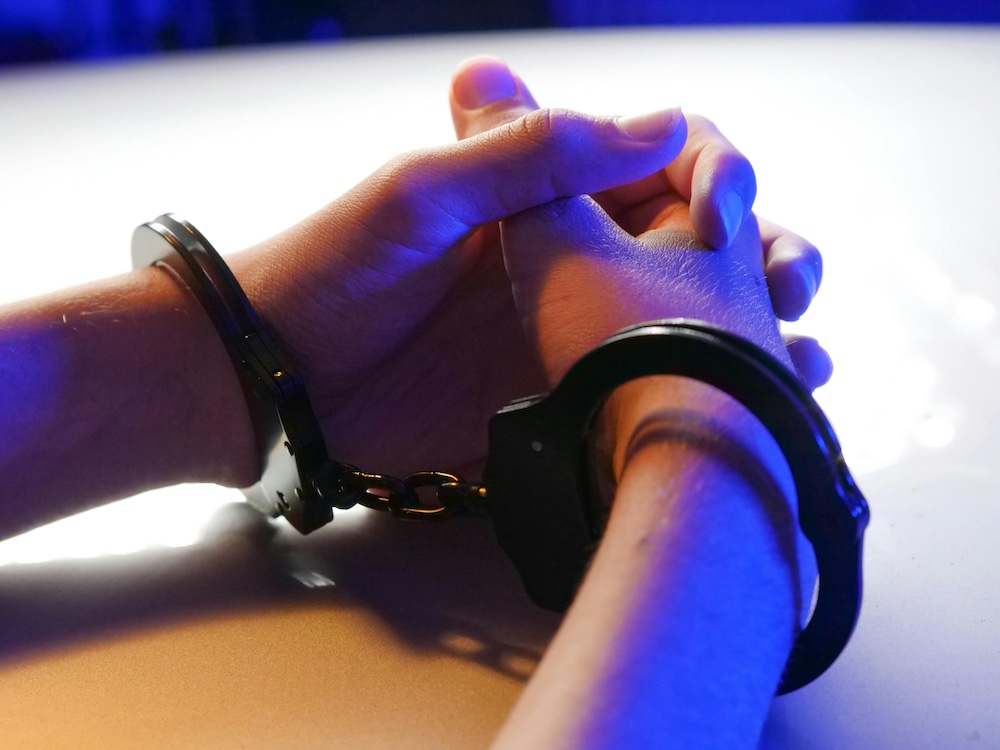Parents Acting as Sureties: Responsibilities & Risks

Parents acting as sureties is one of the most common scenarios in Canadian bail proceedings, particularly when the accused is a youth or a young adult still living at home. A surety is an individual who takes responsibility for supervising an accused person released on bail, ensuring that they follow the court’s conditions and attend […]
Youth Bail Hearings: Process, Conditions, and Parental Role

Youth bail hearings are one of the most critical stages in the Canadian criminal justice process for young people. When a youth is arrested and charged with an offence, the question of whether they will be released back into the community or detained in custody until trial is decided at a bail hearing. This process […]
Youth Sexual Assault Charges: Legal Process, Consequences

Youth sexual assault charges are among the most serious allegations a young person can face in Canada. These charges not only carry the potential for significant legal consequences but also have lasting effects on a youth’s reputation, education, employment opportunities, and mental health. Because the Canadian justice system treats youth differently from adults, it is […]
Parental Responsibility in Youth Crime: Duties and Consequences

Parental responsibility in youth crime is an important issue in Canadian criminal law that affects not only the young person charged with an offence but also their family. When a youth is accused of committing a crime, parents and guardians often find themselves under intense pressure, both legally and socially. The Youth Criminal Justice Act […]
Youth Record Disclosure Rules

A youth criminal record is not the same as an adult criminal record—but that doesn’t mean it disappears entirely or can never be disclosed. In Canada, youth record disclosure rules are governed by the Youth Criminal Justice Act (YCJA), which offers young people special protections while still holding them accountable for their actions. However, in […]
Youth Crime Lawyer: Protecting Young Canadians

If your child or teen is facing criminal charges, securing the right legal representation is critical. Youth crime is handled under a separate legal framework in Canada that focuses on rehabilitation and reintegration rather than punishment. A skilled youth crime lawyer can help your child navigate the legal process, protect their rights, and work toward […]
Youth Criminal Justice Act: Youth Law in Canada

The Youth Criminal Justice Act (YCJA) is Canada’s legal framework for handling criminal offences committed by individuals between the ages of 12 and 17. It is one of the most important pieces of legislation in Canadian criminal law and plays a critical role in shaping how young people are treated when accused of a crime. […]
Extrajudicial Measures for Youth: Alternatives to Criminal Charges

Canada’s youth justice system is designed to reflect the unique circumstances of young people in conflict with the law. Instead of defaulting to the formal court system, the system provides alternative ways to hold youth accountable. One of the most important of these alternatives is the use of extrajudicial measures for youth. If your child […]
Youth Robbery Charges: What Families Need to Know

Facing youth robbery charges is a serious legal matter that can lead to lasting consequences for a young person. Unlike minor offences that may be resolved through community programs or warnings, robbery is considered a violent and indictable offence under the Criminal Code of Canada. That means the penalties can be significant—even for first-time youth […]
First-Time Youth Assault Charge

Being charged with assault for the first time can be overwhelming—especially when the accused is a young person. Parents are often confused, frightened, and unsure of how the youth criminal justice system works. If your child or teen is facing a first-time youth assault charge, it’s crucial to understand their legal rights, what to expect […]